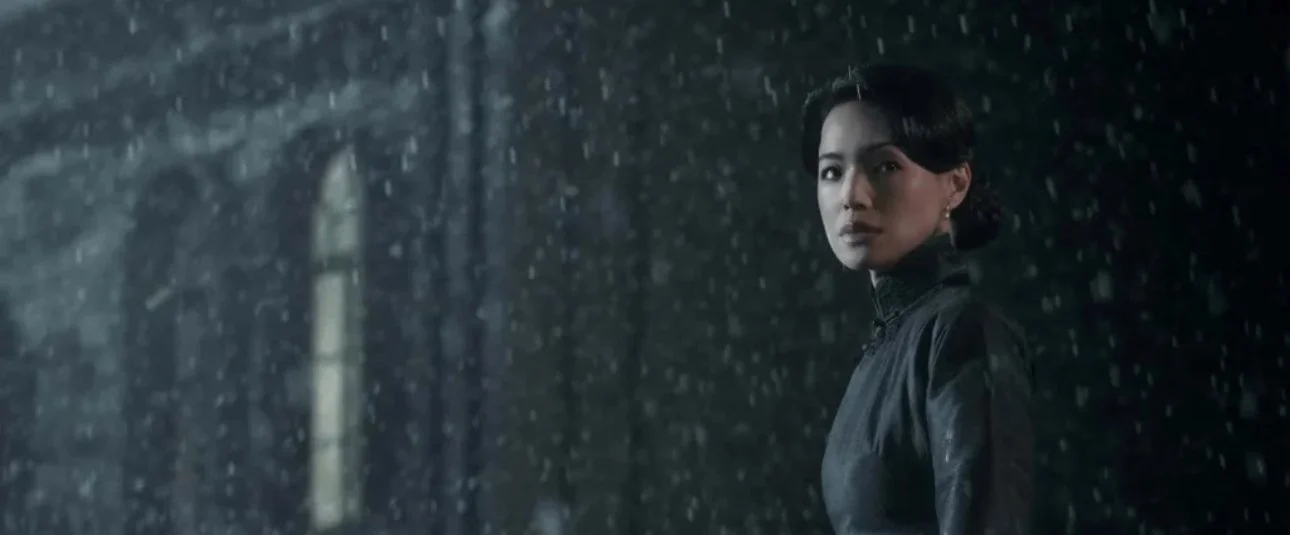I'm all for audiences embracing critically reviled films, that's why I still regularly check out user scores on IMDb and Rotten Tomatoes, just to not be totally lost in my critical bubble, which is such an easy place to get sucked into.
Knowing the world of film criticism all too well, I realize that cliques happen, waves of peer-pressured bandwagon fervor wreak havoc. If it happens that you don't agree with the flock, then you run the risk of being chastised and mocked. I couldn’t care less, but there are some who do. The hive mind mentality is most definitely part of today’s film criticism.
In 2017, critics seemed to be in universal agreement that David Ayer's "Bright," starring Will Smith and Joel Edgerton, was a terrible action movie. The film, which garnered a 26% on RT and 29 on Metacritic, was widely mocked by the critical community, with many proclaiming it to be the worst film of the year.
The critical response was so bad that Ayer ended up scolding a few of the detracting critics, including IndieWire’s David Ehrlich, going as far as daring Ehrlich to try to write his own script. One might understand Ayer’s ire, a lot was riding on his film which, at the time, was the most expensive Netflix ever produced at a reported budget of $90M.
In a rather surprising twist of fate, audience reactions for the film were the polar opposite of the critical community. “Bright” ended up receiving an RT audience score of 90% —which has since lowered to 84— and on Google the film was at 90%. On Netflix, based on 1,469 user submission, the reviews were also overwhelmingly positive, with most being 4 or 5 stars.
Speaking to Inverse, Edgerton is now opening up about Bright's nasty reviews. The actor praises the film’s blend of high fantasy with the police procedural genre, but acknowledges the impact of the negative reviews, stating they may have derailed plans for a sequel.
I have a lot of feelings about “Bright”. I'm fascinated by the disparity between critical and audience responses to movies. Often, the audience score is low, but critics love it, or vice versa. Occasionally, you get a double win or a double loss. My brother's TV series, “Mr Inbetween”, is one of the rare double wins. But “Bright” was in the low 30s with critics, yet it resonated with viewers. Netflix’s algorithms would confirm that, as many people rated it highly, showing a clear appetite for more. I think critics were a bit too harsh on it.
About that sequel to “Bright,” it didn’t happen for a number of reasons, but the movie's critical reputation wasn’t one of them. It was delayed a few times, due to co-star Will Smith's busy schedule and due to Netflix's inability to find a director (Ayer didn’t want to return). Eventually, Netflix canceled the whole thing after Smith’s "Oscar slap" scandal.
Ayer has never been embraced by critics, “Bright” is just one of many films he’s directed that got panned — the others include the likes of “The Tax Collector,” “Suicide Squad,” “Sabotage,” and “Street Kings.”






